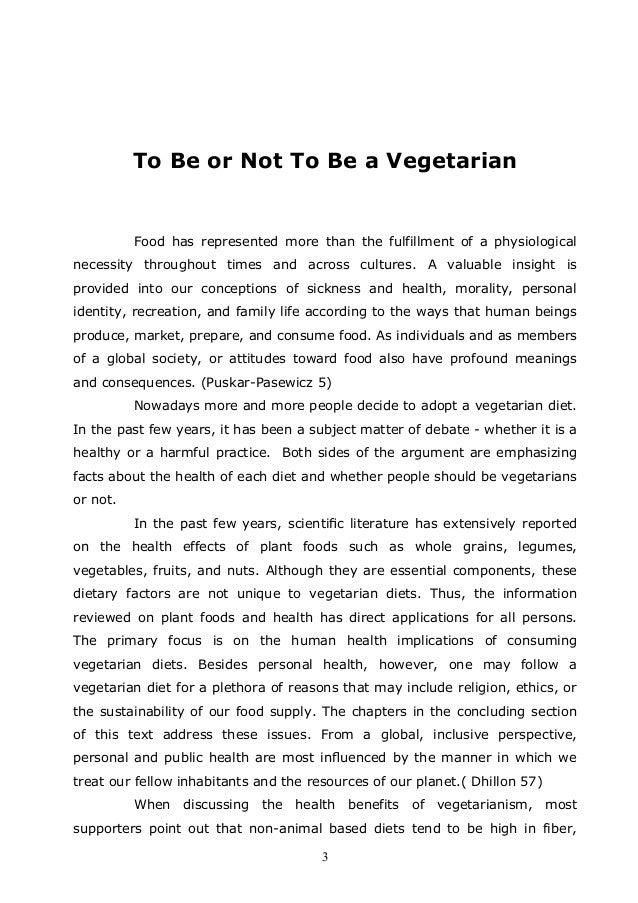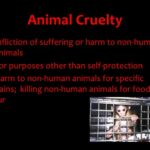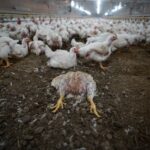Writing an essay on vegetarianism can elicit a myriad of thoughts and emotions. At its core, vegetarianism is a choice that intersects ethics, health, and environmental considerations. However, to merely skewer arguments for and against this lifestyle would be to glance superficially at a complex subject. The fascination with vegetarianism often runs deeper, revealing societal values, consumer behaviors, and philosophical inquiries into our relationship with animals and the environment.
One prevalent observation in discussions surrounding vegetarianism is the dichotomy between compassion for animals and the culinary pleasures derived from consuming meat. This conundrum invites scrutiny of personal biases and cultural norms. The ethical question of animal rights frequently serves as the catalyst for those who embrace vegetarianism. Many individuals find it incongruous to savor the flavors of meat while simultaneously claiming to advocate for the humane treatment of animals. This leads to an exploration of the cognitive dissonance inherent in such contradictions. To think critically about the implications of eating meat often forces individuals to reassess their values and priorities.
Delving into the ethical implications of vegetarianism necessitates a broader inquiry into the nature of sentience in animals. Are they merely commodities to be consumed, or do they possess intrinsic value? This question leads to a discussion about the capacity of various species to experience pain and emotions. Studies have shown that many animals exhibit behaviors indicative of suffering. Thus, acknowledging their sentience can further complicate the justification for meat consumption. The moral impasse created by these considerations leads many towards vegetarianism, not as a dietary choice alone, but as a profound ethical stance against animal cruelty.
Health considerations also play a pivotal role in strengthening the case for vegetarianism. Research has consistently demonstrated that a well-planned vegetarian diet can yield numerous health benefits, including reduced risks of heart disease, obesity, and certain types of cancer. However, this discussion pivots on the distinction between healthy vegetarianism and poorly conceived diets that lack essential nutrients. The allure of vegetarianism is often marred by misconceptions regarding nutrition, leading to an oversimplified conclusion that cutting out meat equates to healthy living. This misconception necessitates an analytical approach to dietary choices, highlighting the importance of balance and variety in nutrition.
The environmental ramifications of meat consumption cannot be understated. The livestock industry significantly contributes to greenhouse gas emissions, deforestation, and water depletion. Advocating for vegetarianism as a response to climate change resituates the conversation within a global, collective responsibility. It poses an urgent question: If individual dietary choices can mitigate environmental degradation, how do we reconcile our appetites with our ethical obligations towards the planet? The connection between diet and environmental sustainability uncovers the complexities inherent in personal food choices — stimulating an individual to weigh both immediate pleasures against long-term repercussions.
Examining the socio-economic dimensions of vegetarianism reveals additional layers of complexity. Economic accessibility to vegetarian and plant-based options varies widely across different communities. For many, the choice to become a vegetarian is not merely a personal decision but is influenced by privilege, availability, and education. This recognition necessitates an understanding of food deserts and the role of socio-economic status in dietary choices. Thus, advocating for vegetarianism must be articulated with sensitivity towards existing inequalities that inhibit access to wholesome, plant-based foods.
Another significant avenue of inquiry lies in the influence of cultural narratives and traditions. Many cultures have deep-rooted culinary practices that celebrate meat, complicating the vegetarian narrative. The transition to vegetarianism can sometimes be misconstrued as a rejection of one’s heritage, which presents emotional resistance. Engaging with cultural stories and histories related to food can foster empathy and openness, allowing for respectful dialogues around dietary transformations. Acknowledging that vegetarianism may be seen as an affront to established customs opens the door for a multifaceted discussion on identity, belonging, and the evolution of eating practices.
Moreover, technological advancements are reshaping the landscape of vegetarianism. The rise of plant-based meat alternatives and lab-grown meats presents an intriguing possibility for those who wish to lessen their impact without sacrificing taste or tradition. This intersection of technology and diet invites a future where ethical eating doesn’t necessitate radical lifestyle changes, but instead aligns more seamlessly with modern culinary experiences. Yet, this raises questions about the sustainability of such technologies and their implications for animal welfare. The dialogue surrounding technology in food production requires a critical lens to discern genuine progress from mere marketing strategies.
In conclusion, writing a thoughtful essay on vegetarianism extends far beyond the binary of meat-eater versus vegetarian. It encapsulates an intricate web of ethical, health, environmental, economic, cultural, and technological considerations. Engaging in this discourse not only deepens personal insight but also fosters a broader understanding of our collective responsibilities towards animals, ourselves, and the planet. Ultimately, embracing the multifaceted nature of vegetarianism invites a more profound contemplation of life’s choices — transforming a simple diet into a manifestation of one’s values and a proactive step towards advocating for a more humane and sustainable world.









